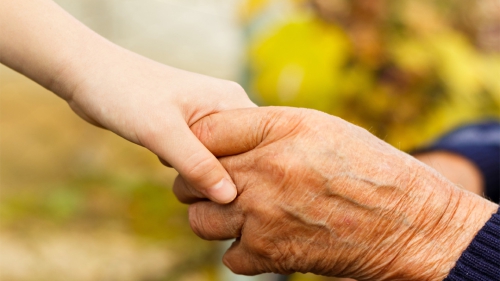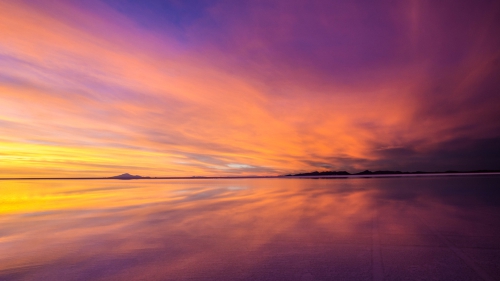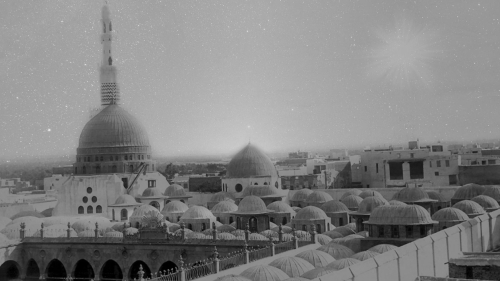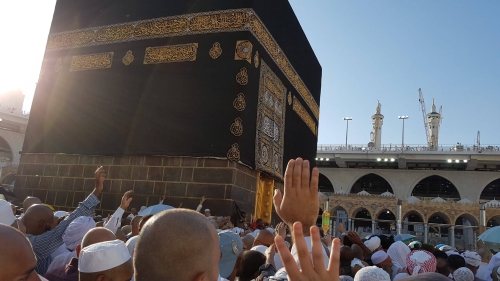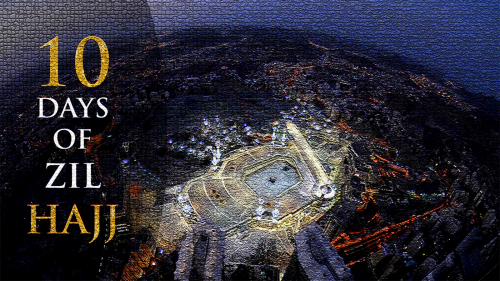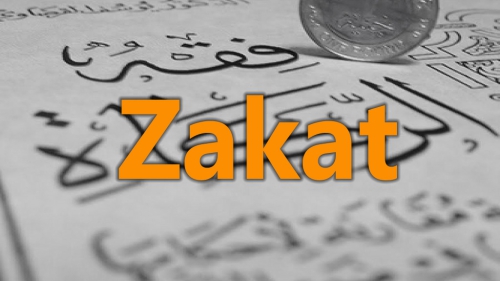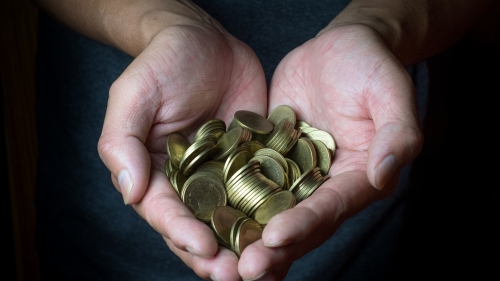Crisis in East Africa
 |
In the last three months, drought has escalated to famine in East Africa. Crops and livestock are dying, and very little food is left to buy. Whatever food is available is too expensive for most families. More than 13 million people are suffering in Ethiopia, Kenya and Somalia from malnutrition and dehydration. The Islamic Relief family is collectively responding to the situation through the Islamic Relief offices in East Africa. Islamic Relief offices have been giving emergency assistance to the victims of the drought all summer, distributing food, improving access to water, and facilitating health and nutrition services to people.
So many Somali children have died in the past three months - nearly 30,000. Islamic Relief's emergency efforts have focused on helping children in the region because they are the most vulnerable group.
"Mogadishu is also officially declared to have catastrophic famine conditions," IRUSA's VP of programs, Adnan Ansari, writes from Somalia. "With the majority of the children being malnourished, the ribs on every child's chest can be counted. Smiles are rare; sighs and wails are commonly heard. People looked at us without any expectation. It seems as though people know that they will have to survive on their own or welcome death early as the only way out."
Droughts are a recurring problem in East Africa, but the drought of 2011 has been the driest year in 60 years. Hundreds of thousands of people have left their homes to find help. Reports say that people have walked over one-hundred miles to reach refugee camps where humanitarian aid is often located. Many have not survived these trips. Because of the long distance that people must walk to reach aid, people have traded their household items, farming equipment and remaining livestock for transportation. IRW relief worker, Hassan Liban, told IRUSA that people are arriving to the already overpopulated camps without any clothes.
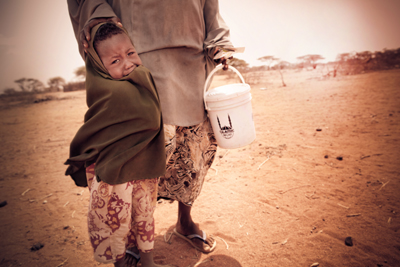 |
"Women and children are arriving into towns and camps naked - they have sold off their clothes and shoes - embarrassed and vulnerable. Children are naked and barefooted...children are dying on their way to the camps" he said. As conditions continue to worsen, the international community is preparing itself for a much higher death toll in the coming months.
Islamic Relief USA is now supporting some of the distributions in East Africa, and soon, IRUSA plans to expand their efforts to include more areas in need, giving food, water, medicine, protein supplements for children, emergency seed packs, and nutrition and healthcare for livestock. Islamic Relief's response to the East Africa crisis will eventually help over 449,000 people.
By early August, Islamic Relief's East Africa offices had provided water to more than 200,000 people; food to 30,000 people; and health and nutrition services to more than 30,000 people. Islamic Relief has been working in East Africa for nearly 20 years. IR teams have provided aid through previous droughts in the region including digging wells and constructing farmland irrigation systems to help communities be better prepared for harsh weather.
Islamic Relief is currently collecting donations to help support emergency response efforts in East Africa. Food, water and medicine are the greatest needs and it is expected that the number of deaths will continue to rise dramatically if help is not given. It only costs $71 to feed a family of eight for one month and only $210 to truck in water for 42 people for a month. Islamic Relief teams report that need for food and water is so great, your generous support could literally save lives today.
Source: IslamicReliefUSA






